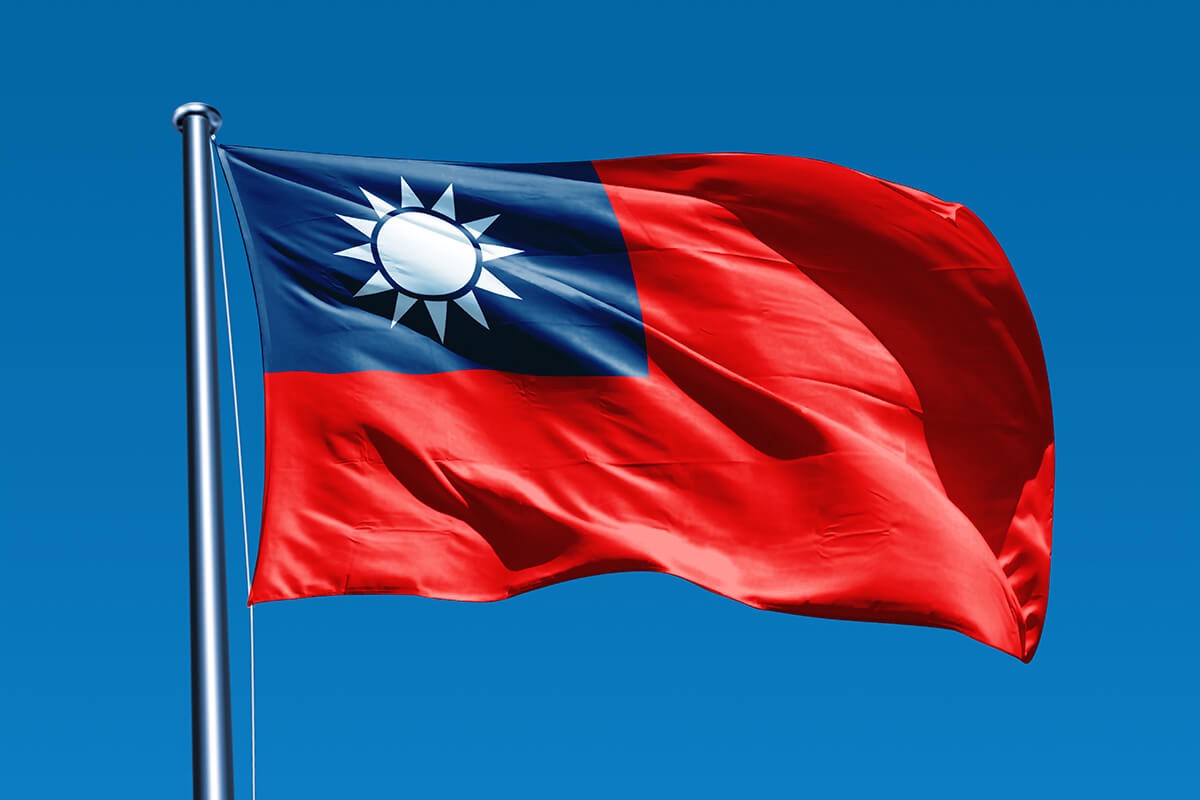A nation must think before it acts.
The first reported death from the Wuhan coronavirus occurred in China just days before Taiwan’s presidential and legislative elections on January 11. The day after Tsai Ing-wen was reelected, Beijing permitted two Taiwanese health experts to enter Wuhan to study the disease. Beijing honored a health cooperation agreement signed in 2010 though it was not clear in the week leading up to the visit that permission would be granted.
China had previously reneged on its promises with Taiwan before. In 2018, it unilaterally decided to open new flight routes in the Taiwan Strait, a move that Taipei vociferously protested. Allowing two Taiwanese officials to study the virus signaled that Beijing might ease its pressure campaign against President Tsai after her landmark reelection. Weeks later, it is clear that China abided by its agreement with Taiwan and would do no more to help.
As of early February, over twenty thousand people around the world have contracted the virus, with over four hundred reported deaths in China. While the focus rightfully has been on China and its response to the outbreak, China—and its proxies working in international organizations, such the World Health Organization (WHO) and the International Civil Aviation Organization (ICAO)—has worked to further squeeze Taiwan and its ability to combat the outbreak of the virus. The way in which China has treated Taiwan during the coronavirus outbreak in 2020 is indicative of the past four years and the likely path for the next four.




